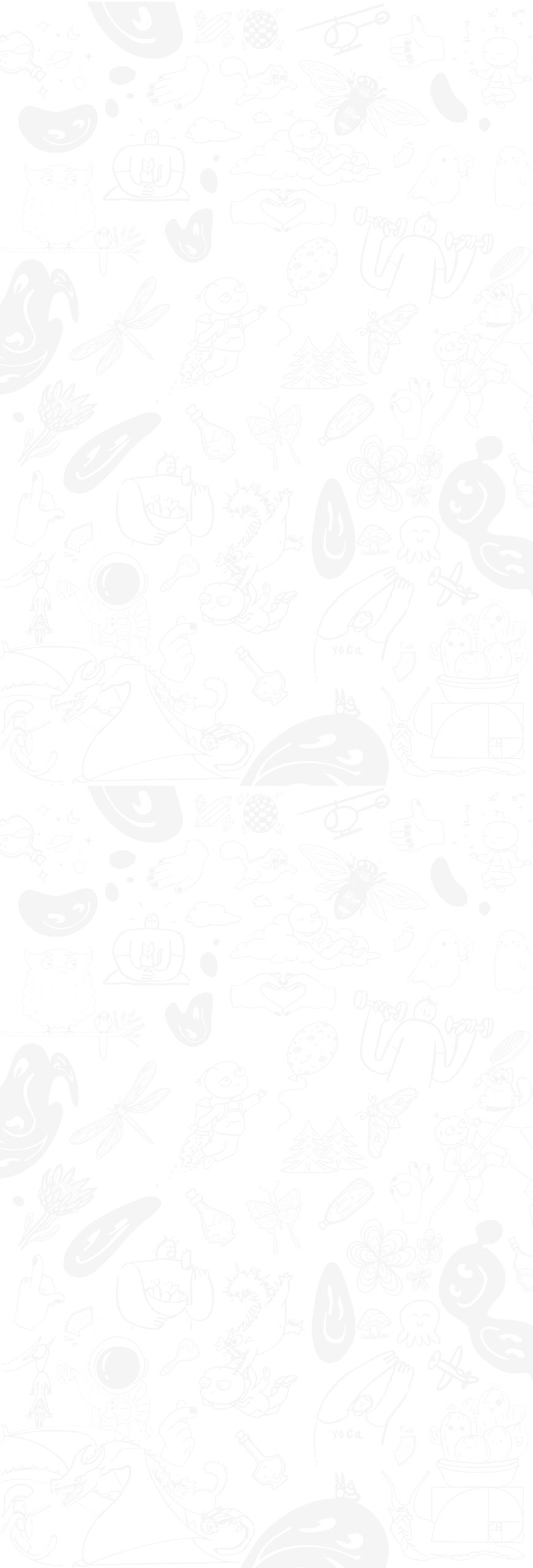About Us
Our Philosophy
Wisaarkhu is a peer-reviewed magazine. Each year we publish one or two volumes, and every volume explores a single theme at the intersection of mathematics and the basic sciences. While we care deeply about the culture and psychology of abstract mathematics, we treat the full spectrum of the basic sciences—physics (including quantum), chemistry, biology, computer science, and the earth and space sciences—as equal partners. To enrich each theme, we also draw on history, language, philosophy, economics, and the arts, reconnecting ideas that are too often taught in isolation.
Every column is developed with care. At least four editors read each piece—not to gatekeep, but to collaborate. When a contributor is willing to take the journey, we help refine the work so its message reaches readers clearly, humanly, and with positive impact. Our editors bring distinct expertise and work together to ensure rigor, clarity, and voice.
Many contributors are not professional writers or academics; for some, writing a column lies outside their comfort zone, and English may not be their first language. We value this diversity and support authors through an empathetic, constructive process.
Our goal is to give each perspective a voice and keep it as authentic as possible, so the mosaic of viewpoints brings us closer to a fuller picture of each theme in mathematics and the basic sciences. No picture is ever complete—but each carefully crafted column helps us see a little more.
Wi·SAar·KHU
“That which inspires the essence of the art of what is known.”
Our Name
The title embodies our mission to weave mathematics and the basic sciences together, guided by diversity.
WI
In most languages, the word ‘mathematics’ is a direct derivative of the Latin term ‘Matematica.’ However, in Dutch, a fascinating linguistic shift occurred, thanks to the influence of the Flemish mathematician Simon Stevin (1548-1620). Stevin introduced the term ‘Wiskunde,’ which translates to “the knowledge of what is certain.” The origins of this word can be traced back to the earlier Dutch term ‘Wisconst,’ signifying “the art of what is known.”
SAAR
The Hindi word for ‘abstract,’ ‘Saar,’ carries a profound connotation that goes beyond its English counterpart. In Hindi, ‘Saar’ also encompasses essence, summary, and gist, adding depth to its meaning.
KHU
The Ancient Greek term ‘Psūkhē’ holds a rich history, signifying “life’s breath, spirit, and soul.” This word serves as the root for the English term ‘psyche,’ from which ‘psychology’ originates. Interestingly, the word ‘psyche’ also draws inspiration from Egyptian roots, where ‘su’ represents ‘she’ and ‘khe’ stands for ‘soul.’ This connection underscores the feminine nature of the Greek ‘psu-khe.’ When the initial ‘p’ is omitted, ‘Sakhu’ emerges, meaning “the understanding, the illuminator, enlightener, the eye, and the soul of being; that which inspires.”
Wisaarkhu: That which inspires the essence of the art of what is known.
Our Project
The goal of this project is to rethink how we share mathematics and the basic sciences so that learning cultivates empathy, curiosity, and a desire to make a positive difference. Bringing scientific ideas together with a human lens—drawing on psychology, education, and culture—helps make these subjects more accessible and welcoming, and addresses the anxiety many people feel. This vision led us to create regular interdisciplinary themed discussions and to launch this magazine.
Science and mathematics accompany us from early school through higher education. Families value them, yet many learners struggle—and too often finish their studies hoping never to engage with these subjects again. That signals a deeper problem. At their best, mathematics and the basic sciences teach us to frame questions, weigh evidence, work with uncertainty, and solve problems that involve many variables. With the right support, any learner can develop tools to tackle real-world challenges—from health and energy to food security, climate, and inequality.
These disciplines are also about communication and community: sharing ideas, testing them together, and building understanding across differences. This collaborative spirit is essential for solving the hardest problems of our time, yet it is often missing from how we teach and talk about science and mathematics.
If mathematics and the basic sciences can empower people with essential life skills, why do we so often fail to deliver that promise? How can we share knowledge widely and fairly? How do we make learning accessible, meaningful, and visible to most? Our project confronts these questions by inviting many lenses into one shared space: teachers and learners, lecturers from diverse fields, students, education departments, teaching and learning specialists, language and social scientists, psychologists, and philosophers. What was once unified and later fragmented, we aim to reconnect.
We also reflect on the legacy we leave as educators and practitioners. Passing knowledge on generously is part of the cycle of life. Taking time to be empathetic—to understand fear, difficulty, and uneven prior opportunity—is essential. The human mind is complex; emotion and cognition are intertwined. Too often, teaching treats emotion as irrelevant, even though experience shows that understanding grows from meaningful engagement.
Is it wise to push emotions out of learning? What does that cost our students? Around the world, people recognise mental health and emotional intelligence as central to success. By making mathematics and the basic sciences more human—more connected to the skills that help us live well—we can foster confidence, resilience, and thoughtful problem-solving in the next generations.
Prof. Sophie Marques


